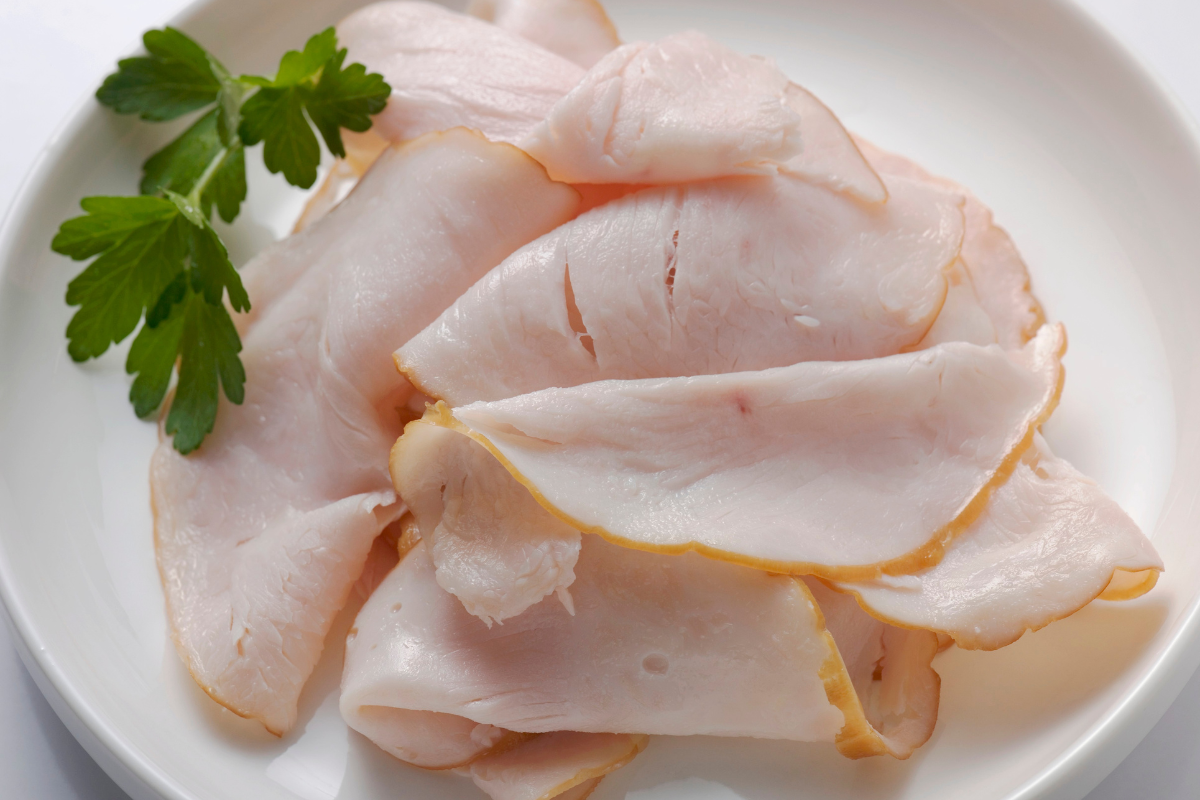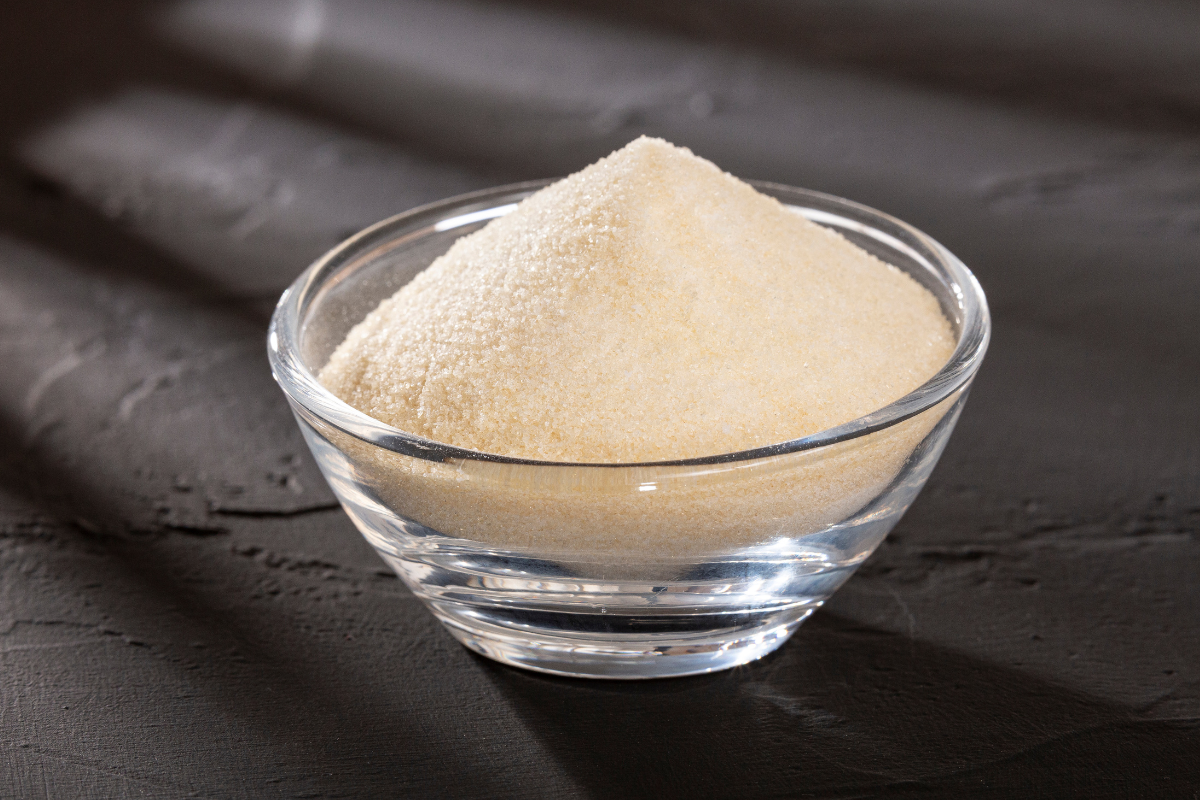Collagen production & threonine

Collagen production & threonine
Chances are you haven't heard much about threonine, but this amino acid is involved in a number of important biological processes in our bodies. It's best known for its role in forming the foundation of connective tissues that contain collagen and elastin.
Amino acids, such as threonine, are the building blocks of proteins. They play an important role in the structure of, for example, our skeleton, our muscles and our skin.
Threonine is an essential amino acid and plays an important role in regulating protein balance in the body. Since it is considered an “essential amino acid,” meaning that the body cannot synthesize the amino acid itself, we must make sure to eat foods that contain threonine.
Collagen - Elastin - Threonine
Did you know that collagen and elastin proteins need threonine for proper collagen and elastin production in the body? You may already know that collagen is the most abundant protein in the body, and that it is found in our skin, muscles, bones, blood vessels, tendons, cartilage, ligaments and in the digestive system, for example. Since threonine enables the production of collagen , it plays an important role in the health of your skin, joints, digestive system, bones, muscles and much more! Research shows that glycine from threonine, proline and hydroxyproline contributes to 57 percent of the total amino acids in collagen .
The amino acid threonine is a precursor (a starting substance that can be used to produce a substance that acts in the body or otherwise biochemically) to glycine, which is also used during the biosynthesis of creatine, providing the muscles with a direct fuel source to repair damage.
Threonine also enables proper elastin function. Elastin is a protein found in connective tissue that allows skin, tendons, and ligaments to regain their shape after stretching or contracting.
Threonine helps with wound healing
Threonine is needed for proper collagen production. Collagen is required for the formation of connective tissue and for optimal wound healing. Research shows that people who have suffered burns or wounds have higher amounts of threonine in their urine. This indicates that the amino acid is metabolized from the body's tissues after an injury. Increasing your intake of threonine through threonine-rich foods or supplements may help speed up the healing of wounds and burns.
Threonine in foods
A well-balanced diet containing high-quality protein foods will provide the body with sufficient amounts of the amino acid.
What foods contain threonine? Here is a list of foods that contain threonine:
- Organic meat (including chicken, lamb, beef, and turkey)
- Wild-caught fish, such as salmon
- Dairy products
- Cottage cheese
- Egg
- Carrot
- Banana
- Sesame seeds
- Pumpkin seeds
- Kideny beans
- Edamame beans
- Spirulina
- Lenses
Threonine deficiency is rare in people who eat a well-balanced, protein-rich diet. For vegans and vegetarians who eat beans, seeds, and peas, this can help maintain normal levels of threonine.
- Tags: Kollagen/Collagen






